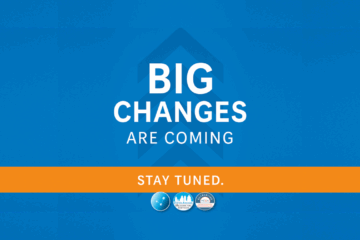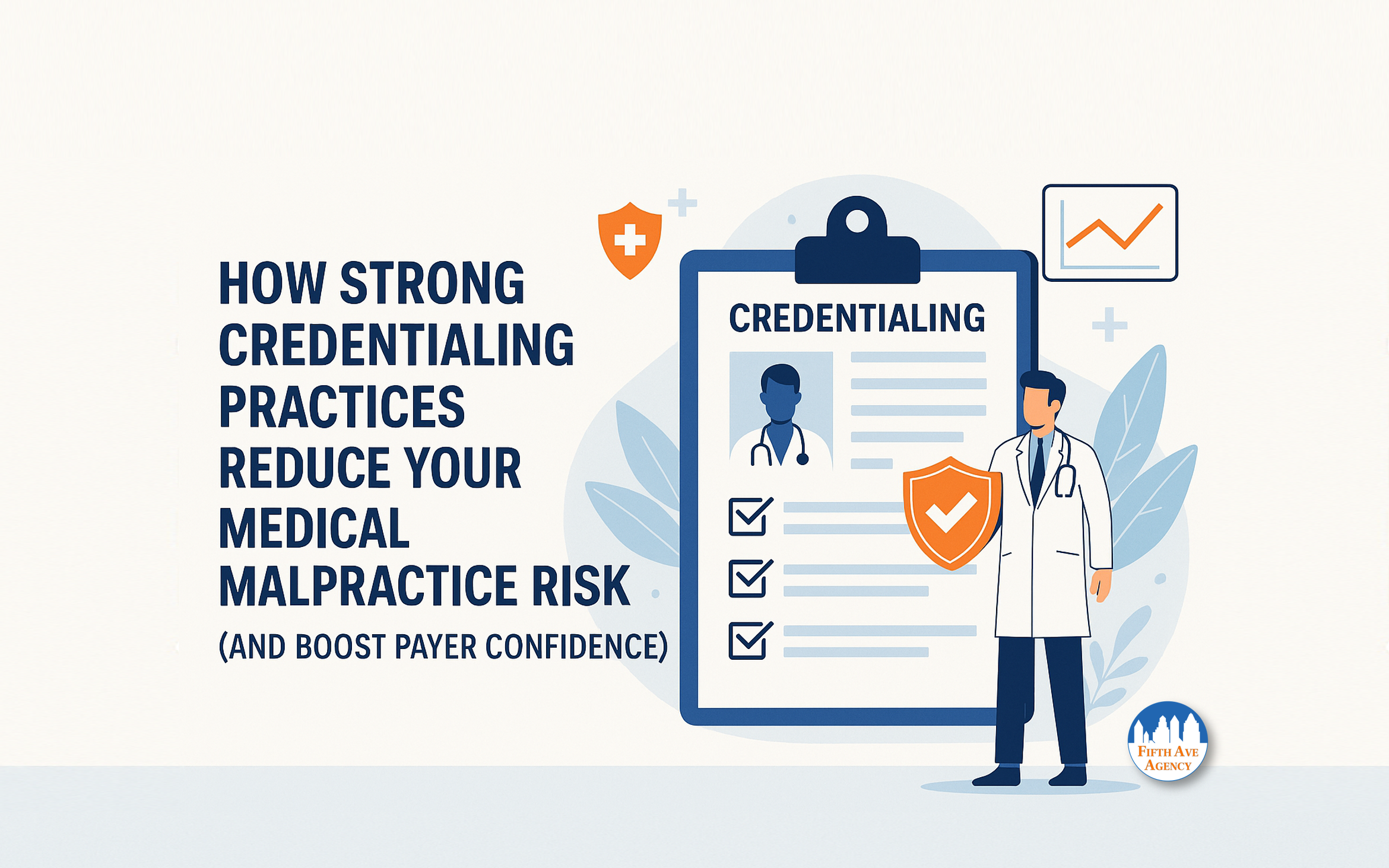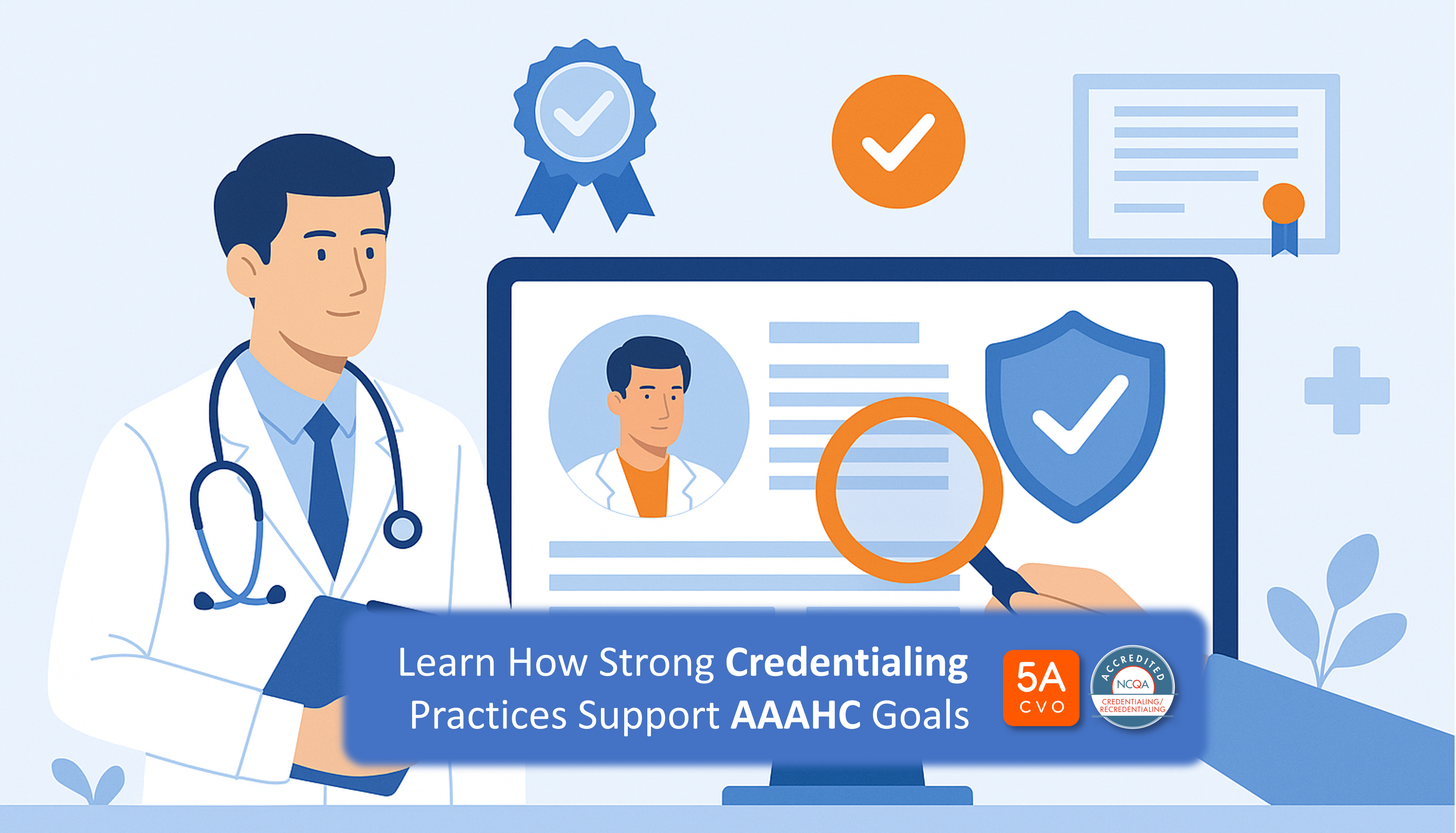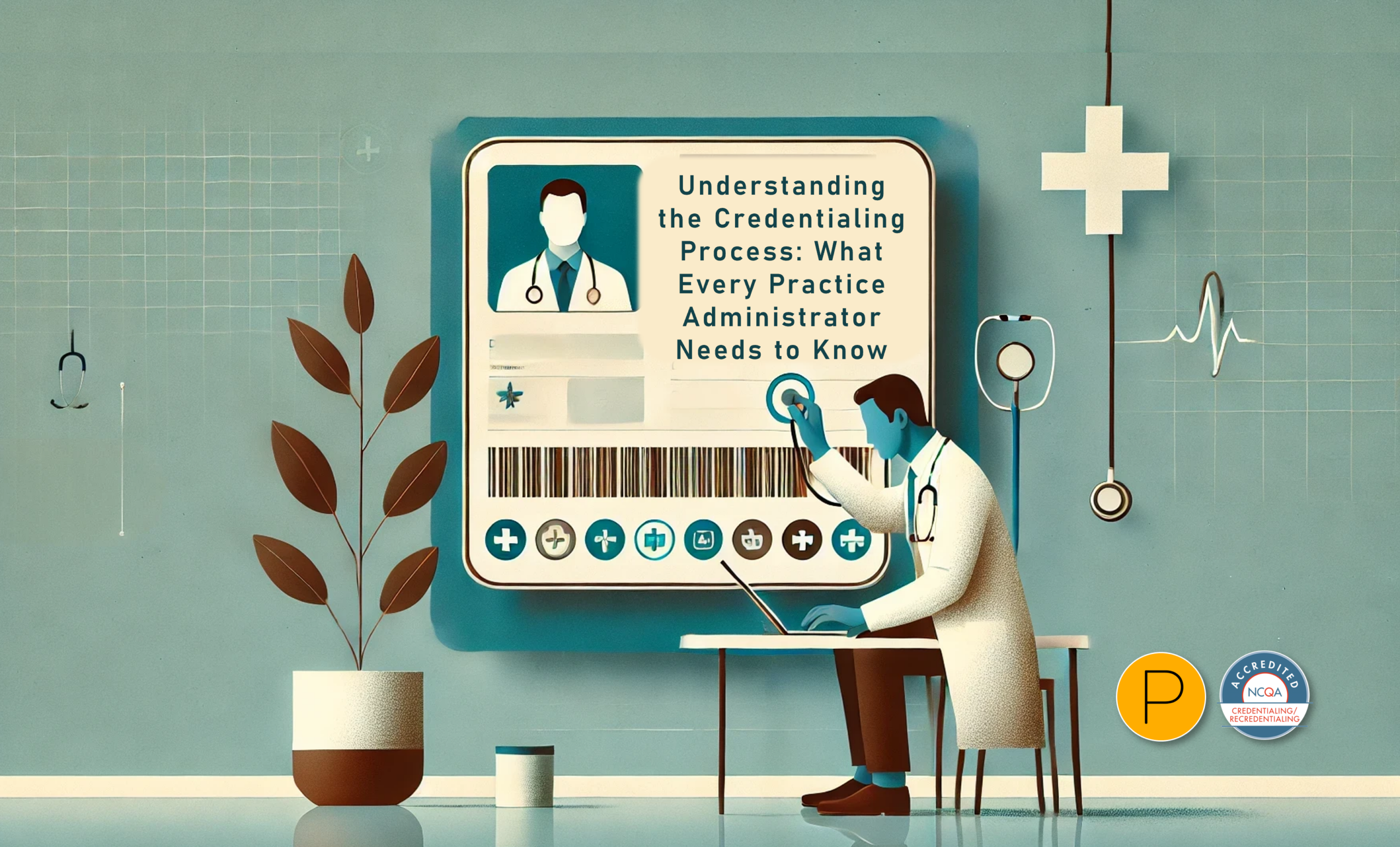Healthcare providers have an extensive list of tasks to complete before they can be enrolled in health plans and networks. New working relationships can benefit the provider’s payor enrollment and revenue cycle. However, forging these relationships can take time away from a provider’s primary duty: to care for their patients.
Delegated provider enrollment is one of the quickest ways to activate the revenue cycle. What is delegated provider enrollment? Does it differ from delegated credentialing? Who can providers partner with to help facilitate enrollment?
Delegated provider enrollment can be a perplexing ordeal. This article will address some of the process’s complexities while offering you a complete solution that all but eliminates the confusion. Breaking down these definitions can help you better understand the core concepts.
What is Provider Enrollment?
Provider enrollment is when providers apply for and contract with health plans, networks, Medicare, and Medicaid. This multi-step procedure allows providers to receive payment for their services.
Provider enrollment consists of 3 stages, each with its intricacies.
Stage 1: Primary Source Verification
Primary Source Verification (PSV) is necessary for every healthcare provider seeking to be enrolled in any health plan or network option. Insurance companies do not want unverified providers on their plans, which would present a tremendous risk of financial costs in claims and litigation. Credentialing can identify providers considered unqualified to treat patients, potentially decreasing patient injuries, claims, lawsuits, and even deaths.
Conventional credentialing typically involves 52+ action steps that must occur before a file is ready for presentation.
52 conventional credentialing steps include:
- Sending out, tracking, and receiving the provider application packet.
- Obtaining the provider’s release.
- Getting the privilege forms.
- Reviewing the disclosure’s questions and answers.
- Evaluating the explanations of time gaps and claims history.
- Assessing medical malpractice claims history.
- Acquiring applicable certificate copies of Board, ECFMG, Medical School, Internship, Residency, Fellowship, and two years CME.
- Obtaining copies of government-issued photo ID, Malpractice, DEA, and CDS.
- Getting CPR, ACLS, and PALS certificate copies.
- Acquiring TB, MMR, varicella, and flu vaccination records.
- Attesting any conflict of interest.
- Collecting a provider release and ordering a criminal background check.
- Obtaining an Allied Health Professional’s Supervising Physician’s Statement.
- Verifying Board certification.
- Reviewing and confirming AMA and AOA Profile.
- Authenticating medical school internship, residency, fellowship, and affiliations.
- Confirming state medical licensure.
- Obtaining professional peer references.
- Gathering current medical malpractice claims history.
- Researching primary and out-of-state licenses for disciplinary actions.
- Verifying DEA certification.
- Verifying CDS certification (if applicable).
- Obtaining a copy of the provider’s current certificate of insurance.
- Confirming any Medicare and Medicaid sanctions (OIG) and exclusions (SAM).
- Performing an extensive 10-year criminal background check.
- Running a National Practitioner Data Bank query.
Stage 2: Payor Enrollment Application
Each health plan, including Medicare, has its application process. Like enrollment policies, applications can vary based on state, health plan, network, and area of practice. Learning how to apply with any payor can be frustrating and time-consuming. Applying to multiple payors per provider can drain resources, time, and energy and increase costs that could be better spent on helping patients or running a provider’s practice.
Primoris can aid providers through this crucial stage by fully administering the application process and applying to 25+ delegated health plans and networks via ONE application. Another 25+ non-delegated health plan and network options allow providers to begin billing and see patients sooner than the traditional application process.
Delegated contracts allow Primoris to use ONE application to enroll a provider much faster than the traditional method of sending an application to each health plan.
Primoris is delegated by most major plans, including:
- Access Health Services
- Aetna
- Beech Street
- CareWorks
- Choctaw Nation
- Evolutions Healthcare Systems
- First Health
- Fortified Provider Network
- Friday Health Plans
- Galaxy Health Network
- Generations Healthcare Network
- GlobalHealth
- Healthcare Highways
- HealthSmart
- Humana
- Humana Military | Tricare
- Longevity Health Plan
- Medica
- MultiPlan
- Oklahoma Complete Health
- Prime Health Services
- Sedgwick
- United Healthcare
- USA Managed Care Organization
- WellCare
- WellFirst health
- Zelis
Primoris also works well with non-delegated contracts, including:
- Assured Benefits Administration
- BlueCross BlueShield of Oklahoma
- CareATC
- Cherokee Nation
- Cigna
- CommunityCare
- Corporate Remedies
- CorVel
- HealthChoice
- Indian Health Service
- Integris Health
- Medicare
- Medicare for Railroad Workers
- State of Oklahoma
- Oklahoma Corrections
- Oklahoma Rehabilitation Services
- OSMA Health
- Community Care Preferred Community Choice PPO
- TRICARE
- TriWest Healthcare Alliance
- US Department of Veterans Affairs – Veterans Health Administration
- WorkNet CommunityCare
Primoris has built relationships with these companies to maximize efficiency in the enrollment process to best assist providers in seeing patients as soon as possible. These arrangements can benefit providers no matter the contract type.
Primoris provides ONE point of contact for delegated and non-delegated enrollment to assist providers further. Providers and administrators need only maintain ONE email address and ONE phone number. Just contacting the right people can often be tricky. Attempting to contact multiple people can be a hassle. Primoris strives to keep it as simple as possible.
Stage 3: Contracting
After the primary source verification and plan application stages, the plan sends a contract to the provider to review and sign. Once the provider approves the terms and signs the contract, the plan countersigns the agreement. When contracting is complete, the plan completes the loading process and sets a date the provider can begin accepting covered patients and begin billing.
The same general process is repeated for each payor, including Medicare and Medicaid. Having someone with experience aid the provider in the Medicare and Medicaid application process is helpful. Medicare enrollment can be elaborate and lengthy. Simple mistakes can be costly and delay enrollment and billing.
What is Delegated Credentialing or Delegated Provider Enrollment?
Delegated provider enrollment, as practiced by Primoris Credentialing Network, utilizes delegated agreements with health plans and networks to expedite provider enrollment, simplifying the entire process for the provider and allowing them to bill sooner. In this case, the payor delegates the credentialing and health plan enrollment to Primoris Credentialing Network. We can complete the credentialing and enrollment of its member providers through a single process applied to multiple health plans, submitting and following up with the health plan(s) until the desired enrollment is attained.
Delegated contracts with 54+ health plans and networks allow us to use ONE application for enrollment with approximately 25 payors. This reduces the work providers must finish before they begin billing.
Is There a Difference Between Delegated Provider Enrollment and Delegated Credentialing?
To the layperson, delegated provider enrollment can be a complex affair. Further complicating things is the different terminology that describes the same concepts to the common ear. For instance, delegated credentialing is occasionally used alongside delegated provider enrollment. Do the phrases define the same activities? Depending on whom you ask, they are technically not the same. Some online sources lump the terms together, while others attempt to differentiate them with varying success.
Let us first remove the word delegated from the equation for our purposes. As previously mentioned, provider enrollment is a process that includes credentialing as one of its steps. Credentialing is the act of verifying a healthcare provider’s qualifications, certifications, licenses, and work history.
Now, let us re-insert the word delegated. Delegated provider enrollment utilizes delegated agreements with health plans and networks to expedite provider enrollment.
According to the National Practitioner Data Bank (NPDB), “delegated credentialing occurs when a health care entity gives another health care entity the authority to credential its health care practitioners.”
The NPDB’s definition states that “delegated credentialing goes beyond credentials verification because the delegated health care entity is responsible for evaluating practitioners’ qualifications and making credentialing decisions on behalf of the delegating health care entity.” One could determine this definition by reading that a delegated credentialing agreement involves making credentialing decisions instead of a conventional credentialing agreement that sees a credentialing committee make a recommendation and create a file to be presented.
You can spend time deciphering the differences and similarities between delegated provider enrollment and delegated credentialing, but you should not get bogged down by semantics. If you need a delegated provider enrollment service with minimal complications, you should seek a company that excels in administrative simplicity.
Simplicity is Crucial
If you outsource your provider enrollment, you probably want to contend with less work, not more. Our aim here at Primoris Credentialing Network is to help improve provider enrollment for our members. We have combined experienced talent with innovative technology to create a better, more straightforward process for everyone.
Primoris foster a simpler solution by utilizing the following techniques:
- We use delegated agreements: We can apply to our delegated health plans and networks with one application, reducing providers’ paperwork to fill out and submit.
- We offer one point of contact: We give our members a single point of contact for all their credentialing needs. ONE email address and ONE phone number are all that are needed to stay connected. Our members do not have to play phone tag to get a hold of the right person.
- Our experienced team has a good history: Primoris Credentialing Network is the largest credentialing IPA network in the Midwest and one of the largest in the United States. We did not achieve our successes by talking about them. We are backed by 385+ years of combined industry experience. Our knowledgeable team has the expertise to develop and perfect the enrollment process. By streamlining the process, we help providers and administrators with the efficiency of today’s challenging business world demands.
- Our web portal provides members with powerful tools: The Primoris Credentialing Web Portal gives members easy access to their credentialing data files. Just one log-in allows them to enjoy the benefits of organized and accessible data. Members can access their information whenever they want, and multiple administrators can have unique log-ins with custom permissions. Members might not even need to contact their Primoris point of contact when they have all the tools at their fingertips.
Administrative simplicity is just one of our strengths. The growing number of delegated health plans and networks we have teamed with can have you beginning billing in practically no time.
The Power of Delegated Provider Enrollment
Delegation from health plans can be challenging to achieve. It can take a high volume of providers, years of proven quality, detailed policies and procedures, and the ability to pass stringent audits every year. The results can make all of the challenging work worth it.
Delegated provider enrollment can:
- Reduce the turnaround time for network participation.
- Help manage a significant volume of providers.
- Reduce resources.
- Accommodate network growth.
- Speed up reimbursements from payors.
- Increase practitioner satisfaction.
It bears repeating that delegating also allows us to add a provider to multiple health plans at once via one application, which is typically quicker than the traditional enrollment method. Without delegation, the conventional process involves sending an application to each health plan individually. We make the power of delegated provider enrollment work for you.
What About Non-Delegated Provider Enrollment?
Primoris Credentialing Network does not ignore providers seeking to enroll in non-delegated plans. Our non-delegated agreements with BCBS, Community Care, Medicare, and many others allow us to deliver faster processing speed for credentialing and health plan enrollment for our members. Outsourcing Medicare provider enrollment will help avoid the top four costly Medicare enrollment mistakes.
No matter the circumstances, we can help providers quickly enroll in plans that best fit their needs.
Why You Should Outsource Provider Enrollment
Transferring your provider enrollment responsibilities to us reduces the work you have to manage and lets you bill faster. The benefits do not stop here.
Outsourcing provider enrollment to our expert team can:
- Reduce credentialing and enrollment mistakes: Any errors during the vital credentialing and enrollment processes can delay billing. With too much work and insufficient time, office staff might rush through both methods. Provider enrollment requires diligence. One minor mistake can cost providers and their practices money. Outsourcing provider enrollment to a team devoted to the job can mitigate errors.
- Reduce staff and resource impacts: Office staff that performs provider enrollment generally cannot fulfill any other duties, especially if they want to be as accurate as possible. Their additional responsibilities could include revenue-generating tasks or extra time checking patients in and out. Even the best team can find it challenging to offer an elevated level of performance on all fronts consistently. Primoris Credentialing Network focuses on provider enrollment. We can give you superior customer service that frees your office employees to give your patients the same—additionally, printing applications, mailing packets, and more use physical resources. Paper, postage, envelopes, and even electricity can add up. Practices that keep a watchful eye on their bottom lines can reduce their material budgets when outsourcing provider enrollment.
- Increase control over the process: Delegating provider enrollment to a company that offers its members a secure web portal is smart in this digital age. People expect easy access to their data. They also expect their sensitive information to be protected from external forces. A web portal like Primoris can meet modern expectations while letting users track every provider enrollment step. Data privacy is a significant concern. So is accessibility. Primoris’ Web Portal can deliver results in both areas.
- Instill peace of mind: Giving someone else the heavy job of provider enrollment can reduce stress. Office staff can do what they are best suited for. Providers can administer care and bring in revenue. A stress-free environment can be a pleasant one that positively impacts everyone involved with health care.
Keep It Simple with Primoris
Provider enrollment can be unclear on its own. Adding different interpretations of the process only adds to the problem. Teaming with Primoris Credentialing Network helps ensure you receive comprehensive provider enrollment that you do not have to think much about. You can devote your energy to treating patients and not to decoding definitions.
More information about Primoris Credentialing Network
Primoris Credentialing Network is NCQA Credentialing Accredited specializing in credentialing and provider enrollment with 54+ health plan and network provider enrollment options. Primoris is a family member of Fifth Avenue Healthcare Services. Sister companies include 5ACVO (credentialing and primary source verification specialists) and Fifth Avenue Agency (MPLI and medical malpractice specialists).
Primoris Credentialing Network originally published this article here. For more information on Primoris, visit PrimorisCredentialingNetwork.com or Contact Us.

